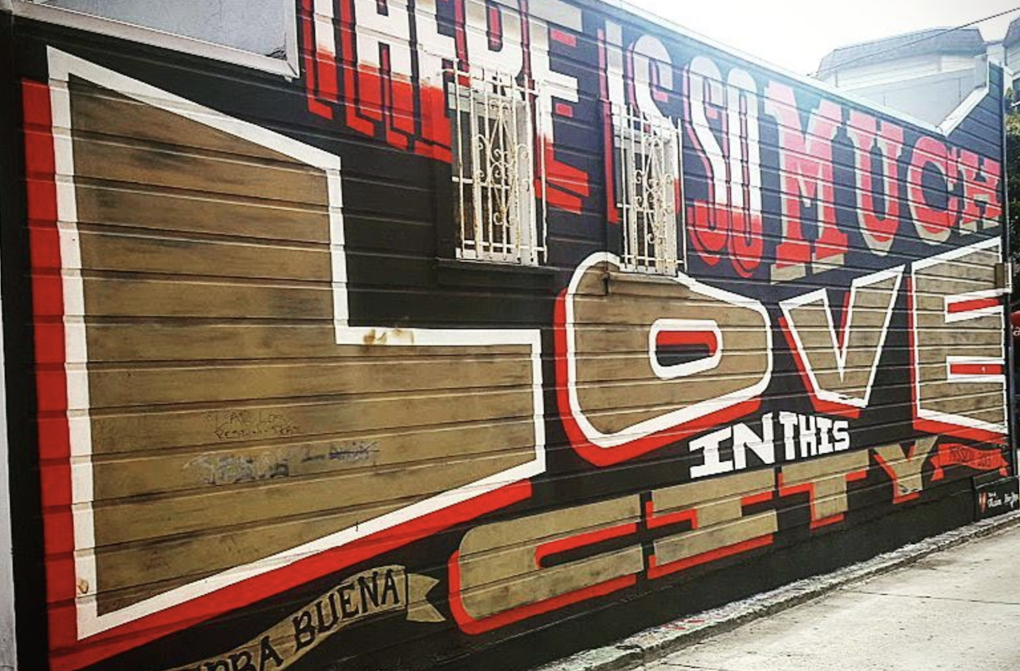Our paintings were not good, but they were ours. And after a few days I began to want them back. So I wrote a letter to the Santa Rosa Parking Division, fessed up to what I was sure would be a vandalism charge, and explained that, if they still had the paintings, I’d accept any fine or misdemeanor if I could get them back.
A couple days later, the phone rang. A man named Dave asked me to come down to the parking office. The one with the exhaust fan sticking out of it.
“Here’s what I’ll do,” he said. “You take this white paint and brush, and cover up as much as you can on the walls. Our guys will take care of the asphalt. And I’ll let you take your paintings. No cops.”
So that’s what I did. That painting of Rosenberg’s hung in every room I lived for years afterward.
Dave didn’t have to extend this break to me. Hell, he could have thrown the paintings in the dumpster long before I wrote to him. That’s what I probably would have done.
But this small, simple act has stuck with me. And over the course of this year, and its election cycle, full of anger, resentment and acrimony, the impression of this small act of grace only grew. You do not need me to tell you how easy it is to hate, or how our modern world’s tools exacerbate the impulse to rip into others. What’s more elusive is the value in simply treating someone as you’d want to be treated, and man, do we ever need to be reminded of it.
I don’t have the painting anymore, and don’t even remember why. But I do have the fan, this talisman of a stranger’s good heart, and a forever unreached ideal. Just like all of us, it’s a little damaged, with dents and squeaks. Its whirring axle, over time, has forged a hole in the metal casing. Sometimes it breaks down completely, and needs the help of others.
But mostly, each time I walk by and touch it, the fan reminds me to be patient, kind, and merciful to other people. Not to be all holding-hands-around-the-globe or anything, but that’s something we could all use as this year winds down.




